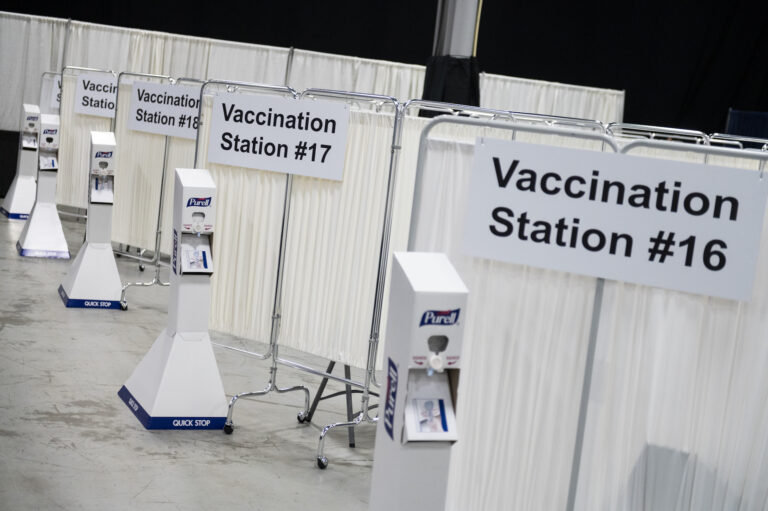It was a few weeks ago when I first began imploring one of my close friends to get the covid-19 vaccine. However, during those same weeks he had zero interest in getting the shot. His reasons were in some respects fair. He told me, “we’re still young, so our immune systems will do well against the disease. Most likely, we won’t even get symptoms”.
But, many young people are not asymptomatic, and oftentimes, the virus causes long term damage. You can see this result through the experiences of young professional/amateur athletes. Jayson Tatum of the Boston Celtics, for example, was hit hard by Covid-19, and now tells the media that he has to use an inhaler before every game.
My friend’s views of the disease were clearly not his own. When I got my first shot, the vaccination center was packed. However, the people waiting in line were mostly middle-aged or elderly. It was hard to find someone under the age of 20. Speaking with colleagues and friends, it seemed that this occurrence was still ongoing, even with the increased distribution of vaccines to youths. This really made me question, ‘why are people not getting the vaccine?’ There is a clear threat from the illness, and the vaccine has been found to be effective. Furthermore, the shot would actually protect your fellow neighbors by pushing our population towards herd immunity.
So, I did some digging, and there happens to be economic ideas that can help explain why young people have no interest in the vaccine. Firstly, we need to acknowledge that in our economy and society, there are always costs and benefits when we make decisions. Typically, we have to make choices that balance out these costs and benefits. With these choices, we can analyze how they cost or benefit a society outside of the immediate decision maker.
We call this case an externality. For a positive externality of a person, this man/woman typically commits an action that benefits not only themselves, but also their neighbors. If the action is only positive for oneself, but not does not benefit others greatly, one will do that action more frequently. On the flipside, if one receives a benefit that is less than the benefits that others feel, one will not enact that action as frequently.
We can connect this idea to the choice of getting vaccinated. In some sense, getting vaccinated does provide a large benefit to a person. You are protected from the disease and can’t get sick. One would think that this benefit would be greater than the societal benefit. In fact, this is not the case. By becoming vaccinated you are contributing to herd immunity, which protects everyone in our society. Effectively, this leads to economic benefits, as people can go to work freely. If you look at the individual benefit for young people, who feel that they are relatively safe from covid-19, one will notice that it is quite small, so they do not get vaccinated as frequently.
This does not take away from the fact that their vaccinations are critical to the recovery effort. Without it, we cannot reach herd immunity. So, we should look past our own benefits from the vaccine and look at our communities for inspiration to go out and get vaccinated.

